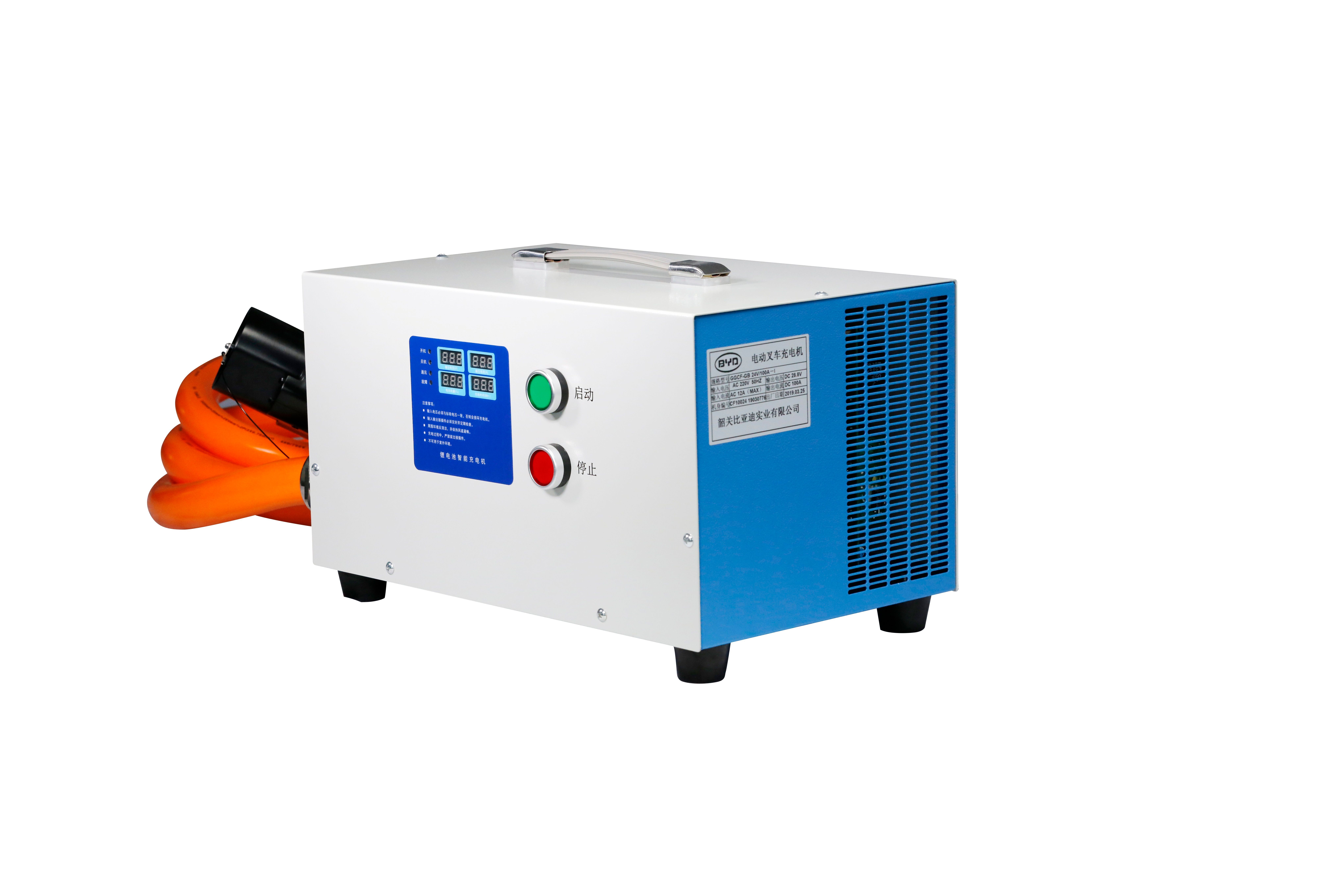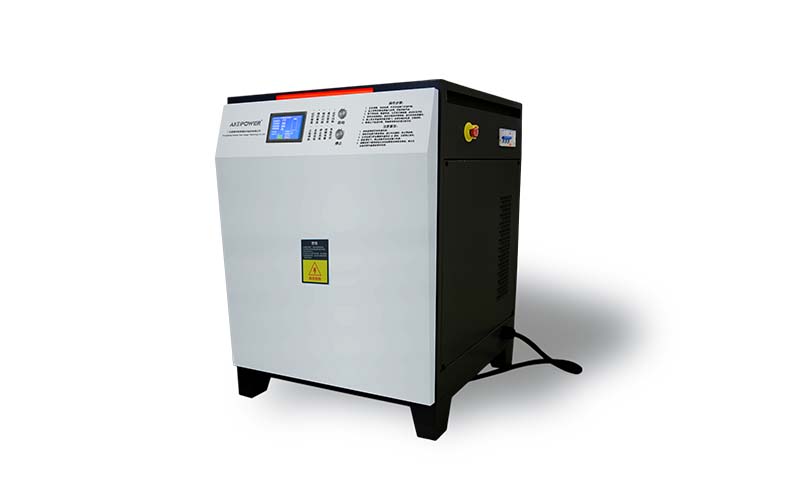On Wednesday, EST, the Biden administration issued final rules requiring federally funded electric vehicle charger posts to be manufactured in the U.S. Electric vehicle regulations also require that 55 percent of the cost of setting posts need to come from U.S. parts starting in July 2024, while Tesla Inc. will open charging services to other vehicle models.
The Biden administration hopes the new regulations will promote a new landscape for the U.S. electric vehicle charger network, seeking to give consumers unrestricted access to the still-expanding network of electric vehicle charging stations across the U.S., including Tesla's Superchargers.
The new rules require companies using federal funds to build charging posts to adopt the significant U.S. charging connector standard, the Combined Charging System (CCS).
The Biden administration said Tesla, the largest electric vehicle manufacturer and charging company in the United States, plans to adopt the CCS standard and expand its offerings beyond proprietary connectors.

The nationwide electric vehicle charging stations network is a central part of Biden's plan to combat climate change. He plans to convert 50 percent of new U.S. vehicles to electric by 2030 and install 500,000 on board charger posts across the country in the next few years. Advocates argue that the lack of electric vehicle charging stations on U.S. roads is a significant drag on the growth of electric vehicle sales and the positive environmental impact.
In response to plans for charging posts to be manufactured on U.S. soil, the manufacturers warned ahead of the new regulations that prematurely requiring localization of components could inhibit the expansion of charging networks.
In comments to the U.S. Department of Transportation, U.S. states and companies warned that global demand for on board charger posts is putting pressure on the supply chain, making it challenging to meet U.S. manufacturing standards and accelerate the construction of new charging posts.
Under the Biden administration, the number of electric vehicle models offered to consumers doubled, as did the number of charging stations and sales of electric vehicles, said Ali Zaidi, the U.S. White House national climate adviser.
Tesla opens the Supercharger network.
White House officials said the same day that Tesla would open its Supercharger network to competitors as part of a plan that has already received commitments from Tesla. The move makes Tesla eligible for a share of $7.5 billion in federal funding to build a nationwide electric vehicle charging network.
Tesla currently has nearly 1,650 Supercharging stations in the U.S. Tesla Inc. said it will provide at least 7,500 publicly available charging posts in the U.S. by the end of 2024 for electric vehicles with any interface that is compatible and that Tesla will further expand its Supercharging network.
But Tesla also told the DOT that the plan is "aggressive" and "may result in an insufficient number of compliant charging stations available given the speed and scale of deployment.

The policy reads
1. Effective immediately: All subsidized chargers must be manufactured in the U.S., specifically in the production and assembly of the housing. -- Not all components have to be produced in the U.S., can export components, modules, etc., such as Tonghe Technology export modules are not affected.
2, starting in July 2024, more than 55% of the cost will be produced in the United States. --Module costs account for about 4-5% and will face some pressure, so the future solution should be for the United States to build a factory, such as RoadTone is expected to put the U.S. factory into operation in October 2023. The back-to-do U.S. market companies will likely take the U.S. factory path, and the U.S. policy aims to revive the manufacturing industry.
Market Impact: All pile enterprises have expectations and preparations for this policy. After the IRA bill last year on the proportion of the battery industry chain, it has been speculated that there will be regulations on the balance of localization of charging piles. There is no short-term impact on companies exporting modules and components to the U.S., and there will be pressure after 2024. In the short term, there is an impact on the whole pile companies exporting to the U.S., but because the charging pile assembly is relatively asset-light, it can be solved by building a factory in the U.S. quickly.
Next:What are the factors for selecting an on board charger
Previous:The charging infrastructure in Europe and the U.S. is in a rapid construction phase.
Contact Person: Miss. Kiki
| WhatsApp : | +8617763224709 |
|---|---|
| Skype : | +8617763224709 |
| WeChat : | +8617763224709 |
| Email : | kiki@lifepo4-battery.com |